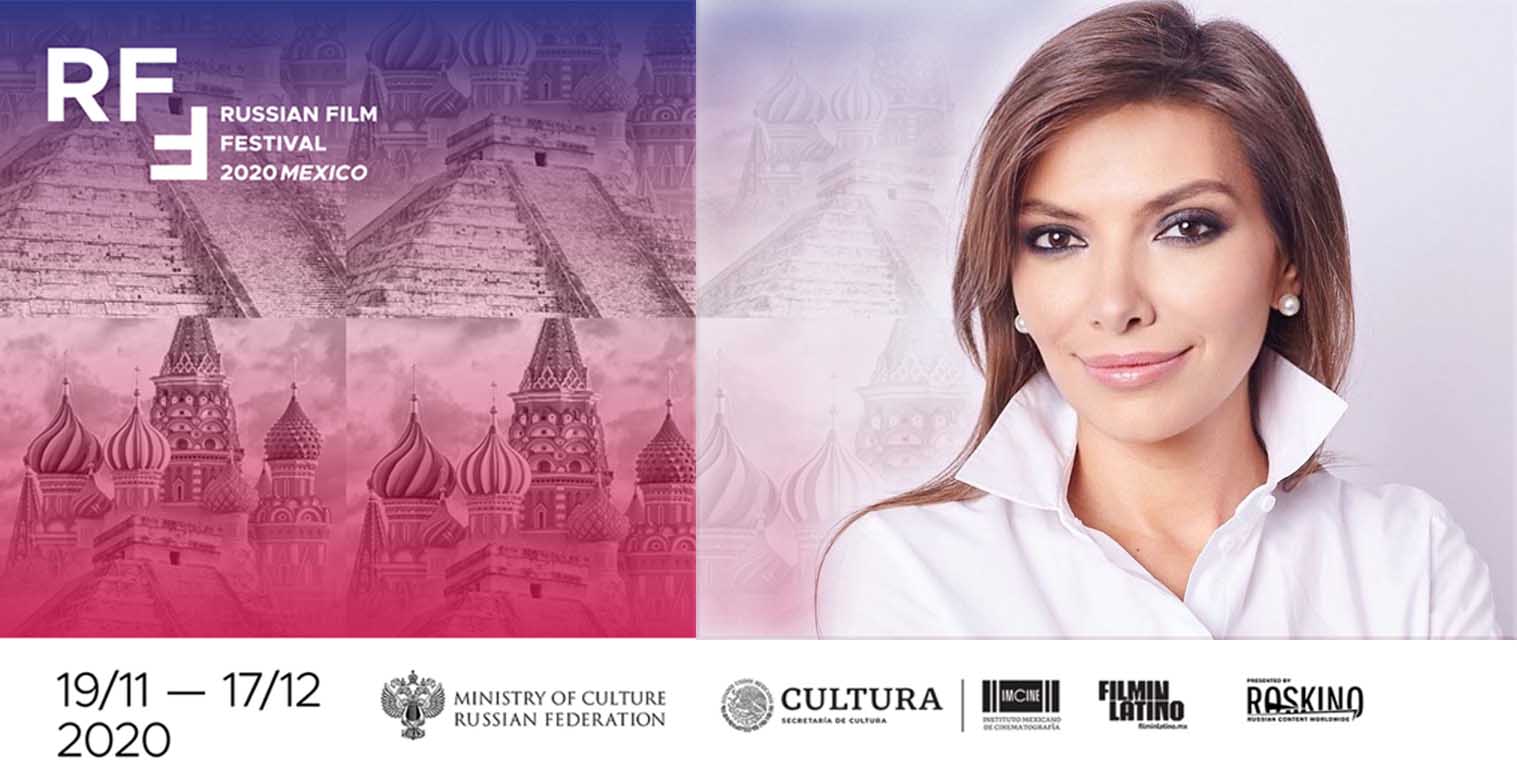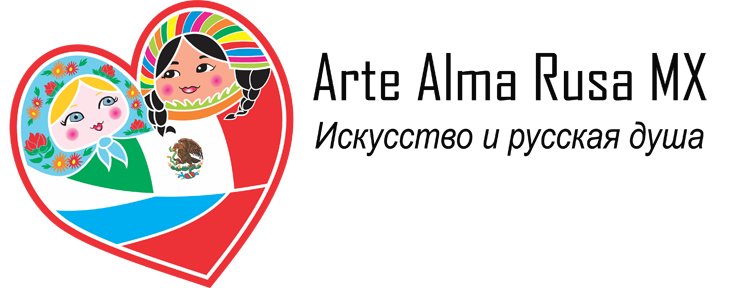
Russian Film Fest: the first online festival of Russian cinema arrives in Mexico
The Russian Film Fest (RFF), project of the Ministry of Culture of the Russian Federation and ROSKINO, arrives in its first edition to our country through Film latino. Of the 19 from November to 17 December will be available for free a selection of contemporary Russian cinema, spanning various genres such as drama, comedy and animation.
During 2016, 2018 and 2019, the Russian Film Week arrived in Mexico thanks to the same Ministry of Culture, the Russian Embassy in Mexico and Cinépolis. The project, under the direction of Sergey Novozhilov, President of the Russian Open Film and Theater Festival, served as a precedent for this new brand that seeks to consolidate itself as a transnational festival under a unified strategy.
Russian art Alma MX talked to Evgenia Markova, CEO of ROSKINO, about the RFF launch, its purposes and the scope it could have as a platform for filmmakers from the Russian Federation.
“Do you have a picture of modern Russian cinematography? Probably not”.
The new dynamics in the consumption of digital content derived from the current pandemic generated areas of opportunity, and it is in this context that the project was inaugurated Russian Film Fest. “We want to present the variety of modern Russian content to all international movie fans. We decided to take advantage of the trend of online content so that access to RFF is much greater than it would be in the face-to-face format”.
AAR: The public of the countries where RFF is presented (Australia, Spain, Brazil and Mexico) have very definite cultural differences. Why did these countries select?
IN: In fact, we choose these countries for their cultural diversity. Other criteria were: interest in Russian culture, the offer of platforms Video on Demand in the country, and enthusiasm for this project. Now that Russian content is developing in global markets, we are very curious about what kind of movies and what kind of content in general will be interesting and relevant to what kind of audience.
The festival program, from animation and thriller to auteur films, is designed to meet the interests of a wide audience of different ages. These films have been awarded at international or local film festivals (russians).
AAR: How did the alliance with FilminLatino, and what agreements are there under the RFF?
IN: Film latino he was an excellent and reliable partner for our French colleagues in the organization UniFrance during MyFrenchFilmFestival. Since their partnership was successful, we decided to also collaborate with them. We see that Film latino is accessible and friendly to everyone in Mexico. For now, the films will only be available during the festival, but there is interest in putting the films in the catalog on a regular basis in various regions where we have screened them. We hope that Mexican viewers also like our selection, and this content is integrated into the platform's catalog after the RFF.
AAR: Mexico and Russia celebrated 130 years of bilateral relations this December. Has a strategy been proposed for the dissemination of Russian film culture in Mexico by the institutions in the medium or long term??
IN: Now we are organizing a session to discuss the collaboration between the Russian and Mexican film industry, specifically with IMCINE. We think in a long-term strategic perspective for both parties.
Russian Film Festival is a platform for exchanging ideas and maintaining new relationships, and we will prepare a post-Festival plan, based on the results.
This year we are testing all kinds of online initiatives, that is why we did not go further with activities such as workshops. We have also translated the interviews with the filmmakers, and we will share all this content to the Mexican public. We are starting slowly, Step by Step, with the great hope that with this type of project we can establish new relationships and bridges between our two cultures.
The ‘Russian noir’
“They say that Russian cinematography is still on the way to forming its own personality. According to studies, the predominant genres of Russian cinema are drama, the animation, stories based on historical themes and the science fiction and horror genre. Russian cinema is also characterized by its image quality, high-level sound and special effects. Regarding our independent cinema, some people have tagged it as ‘Russian noir’ (as a reference to ‘Scandinavian noir’, Scandinavian crime drama genre characterized by traits such as realism and grim stylistics), as it deeply touches on important social issues, common to most countries”.
AAR: What have been the challenges for the film industry in Russia in recent years, and what are ROSKINO's objectives behind digital projects like the RFF?
IN: From 2010, the russian government, the Ministry of Culture and the Russian Film Fund increased investments in the national film industry. Four years later, the result of this growth was the accumulation of projects that have entered international markets. We also observe the development and growth in the content of the series, as well as the number of international awards won by Russia.
Productions, jobs in industry, and the box office is growing, both in Russia and abroad, and this abundant supply can be adapted to different types of markets. For example, there is a greater demand for military films in China, while in Latin America more horror or science fiction content is consumed. Russian animation is advancing worldwide with great success.

Finally, our goal in ROSKINO is to be a kind of window, to help make the Russian market more transparent to global audiences, and make global markets more understandable to Russian creators.
“In 2021 we plan to increase the number of countries where the Russian Film Festival takes place online, and we hope that the health situation allows us to complement the festivals with face-to-face activities in different countries”.
Evgenia Markova, CEO de ROSKINO
